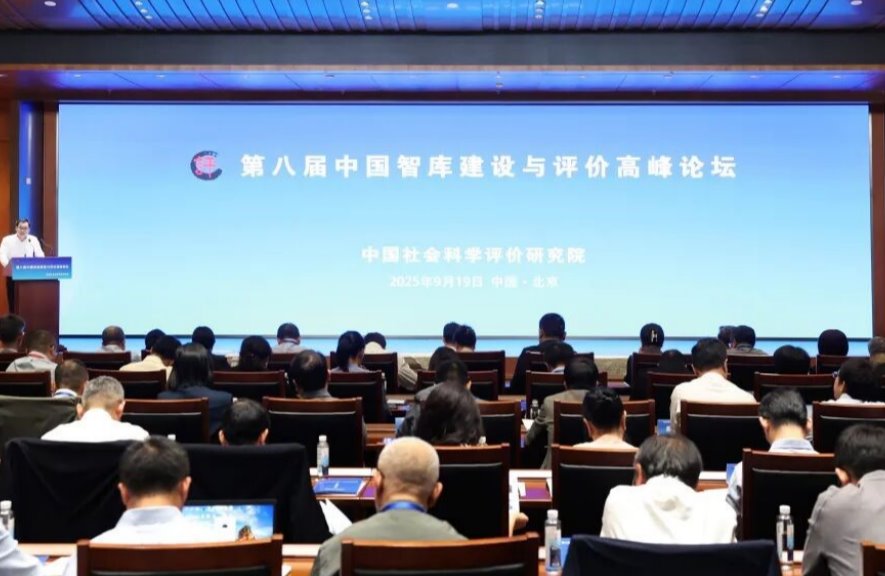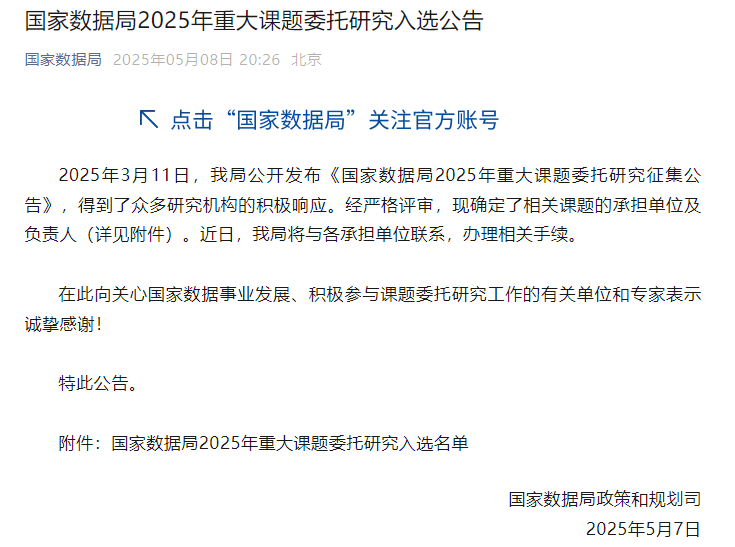大数据时代的消费者保护
The Big Data revolution is upon us. Technological advances in the degree to which third parties can record information about individuals, along with increases in the use of predictive analytics, are transforming the way that business is conducted in practically all sectors of the economy. This is particularly true in the insurance industry, where a firm’s ability to forecast the future is the central determinant of its profitability.
Scholars and the media have touted the potential benefits of Big Data analytics—it will enable businesses to tailor their practices to suit consumers’ preferences and increase the efficiency of their operations.
The Big Data movement’s potential negative impacts, however, have garnered significantly less attention. Commentators have focused on privacy and data security concerns as the primary problems associated with Big Data analytics.
There have been essentially no attempts to assess how these developments affect consumers’ other interests or, more broadly, the extent to which they justify additional regulation of markets.
This Article fills this gap. It identifies eight societal interests that will be affected by insurers’ uses of data—actuarial fairness, loss prevention, autonomy, non-discrimination, justice, utility maximization, privacy, and good faith—and describes how regulators could act to ensure that markets.
While laissez-faire regulatory approaches are superior for some types of insurance, more extensive state interventions are needed for products that are sold to individual consumers.
Where additional regulation is needed, community rating rules, authorization requirements for policy modifications, and claims handling standards are the mechanisms best suited to guaranteeing that insurance markets continue to advance public interests in the Big Data era.








